Looking for an English-speaking doctor in Japan? The trick isn’t finding a GP—you won’t. You pick the right department first, then use a few tools that surface English-friendly clinics and pharmacies quickly. Below is the fast path, including 24/7 options if you’re on the road.
How Japan’s system works (no GP—choose by department)
Japan uses free access: there’s no GP gatekeeper. You go straight to a specialist department that matches your symptoms.
Typical choices:
- Internal medicine (内科) – fever, colds, stomach issues
- Dermatology (皮膚科) – for skin
- ENT (耳鼻咽喉科) – ear, nose, throat problems
- Orthopedics (整形外科) – sprains, fractures, joint pain
- Ophthalmology (眼科) – eye issues
- OB-GYN (産婦人科) – women’s health
Clinics handle most routine issues. Large hospitals focus on advanced care and may charge an extra fee if you come without a referral letter. When unsure, start with internal medicine.
Where to Find English-Speaking Doctors and Pharmacies
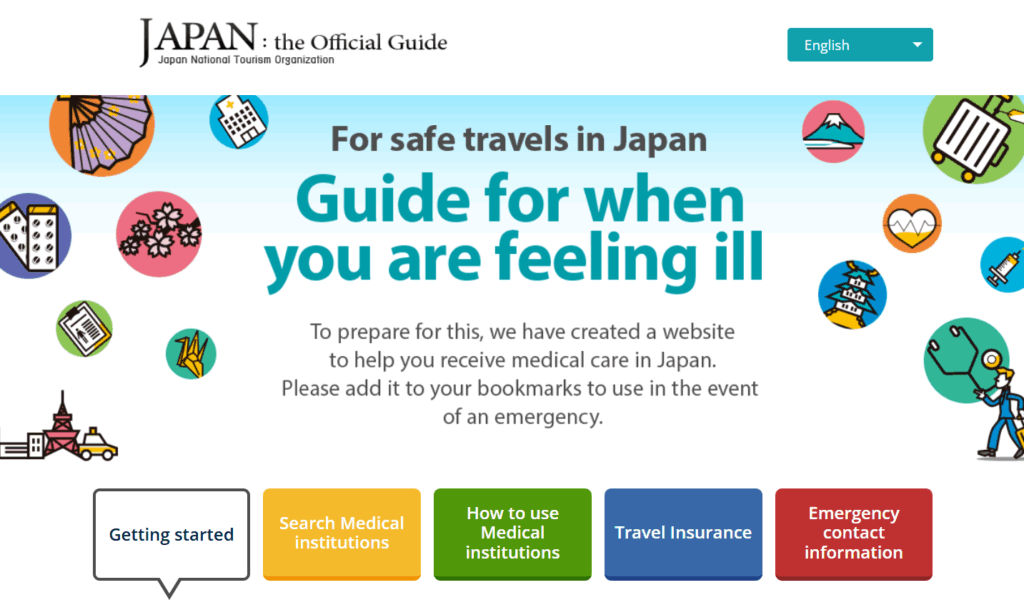
Nationwide / official
- JNTO Medical Institution Search — Filter by language, department, and location. Check clinic notes for “English available.”
- AMDA International Medical Information Center — Multilingual phone help; they suggest suitable facilities and explain how to use them.
City / prefecture portals
- Example: Tokyo “Himawari” (03-5285-8181) — Daily phone service + web search for clinics and pharmacies with language support. Many prefectures run similar portals; search “<prefecture> medical information English.”
24/7 (paid) telemedicine for travelers
- HOTEL de DOCTOR 24 — Multilingual online consult; they coordinate with a nearby pharmacy for dispensing. Useful at night or when clinics are closed.
Curated directories / concierge
- Embassy pages (US/UK/etc.) — City lists of English-friendly providers.
- Japan Healthcare Info (JHI) — Paid concierge that can find and book a clinic and arrange interpretation.
Community signal(double-check before you go)
- Reddit / expat forums — Recent user tips on specific clinics, departments, and insurance acceptance.
Search tips
- On Google Maps, try:
内科 English,皮膚科 English,ENT 英語, plus your city name. - Look for phrases like 英語対応 (“English available”) or 外国語対応 (“foreign language support”).
Recommended Clinics in Tokyo
- St. Luke’s International Hospital
A popular choice for expats. Most doctors speak English, and the International Desk near reception helps with paperwork and payments in multiple languages. - Shinjuku Green Tower Internal Medicine Clinic
Some doctors here speak English, and when they don’t, staff often use translation apps to help. The atmosphere is welcoming and supportive. - Plaza Clinic (Formerly Roppongi Hills Clinic)
Offers translators who accompany you during your checkup, making the whole process smoother.
Booking, visit & prescriptions — the 60-second version
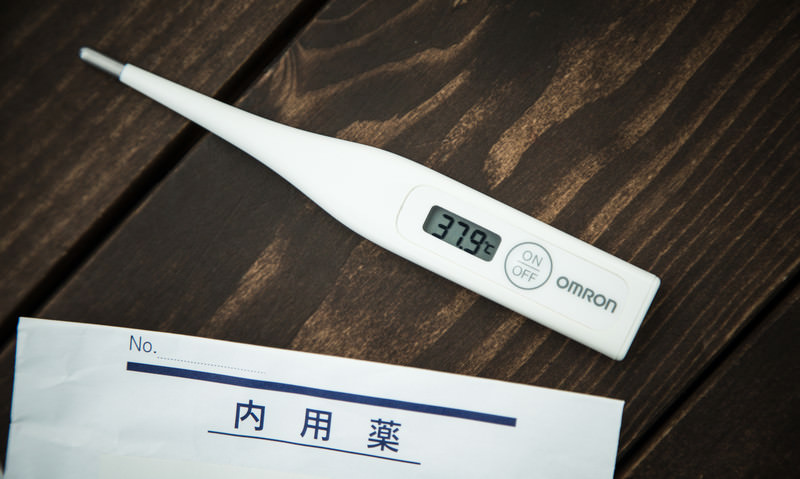
Booking: Provide your name, symptoms, preferred language, and insurance status; book by phone or web form.
Visit day: Bring passport/residence card, insurance card (if any), and a short symptom note; payment is at checkout.
Prescriptions: Doctors issue a paper prescription; fill it at an outside pharmacy (薬局). Most prescriptions are valid for 4 days including the issue date, so go promptly.
👉 For full step-by-step reception → exam → payment, see Visiting a Clinic in Japan: Step-by-Step Guide. 👉 For rules on prescription validity, refills, and pharmacy tips, see How Prescriptions Work in Japan.
After-Hours & Emergencies
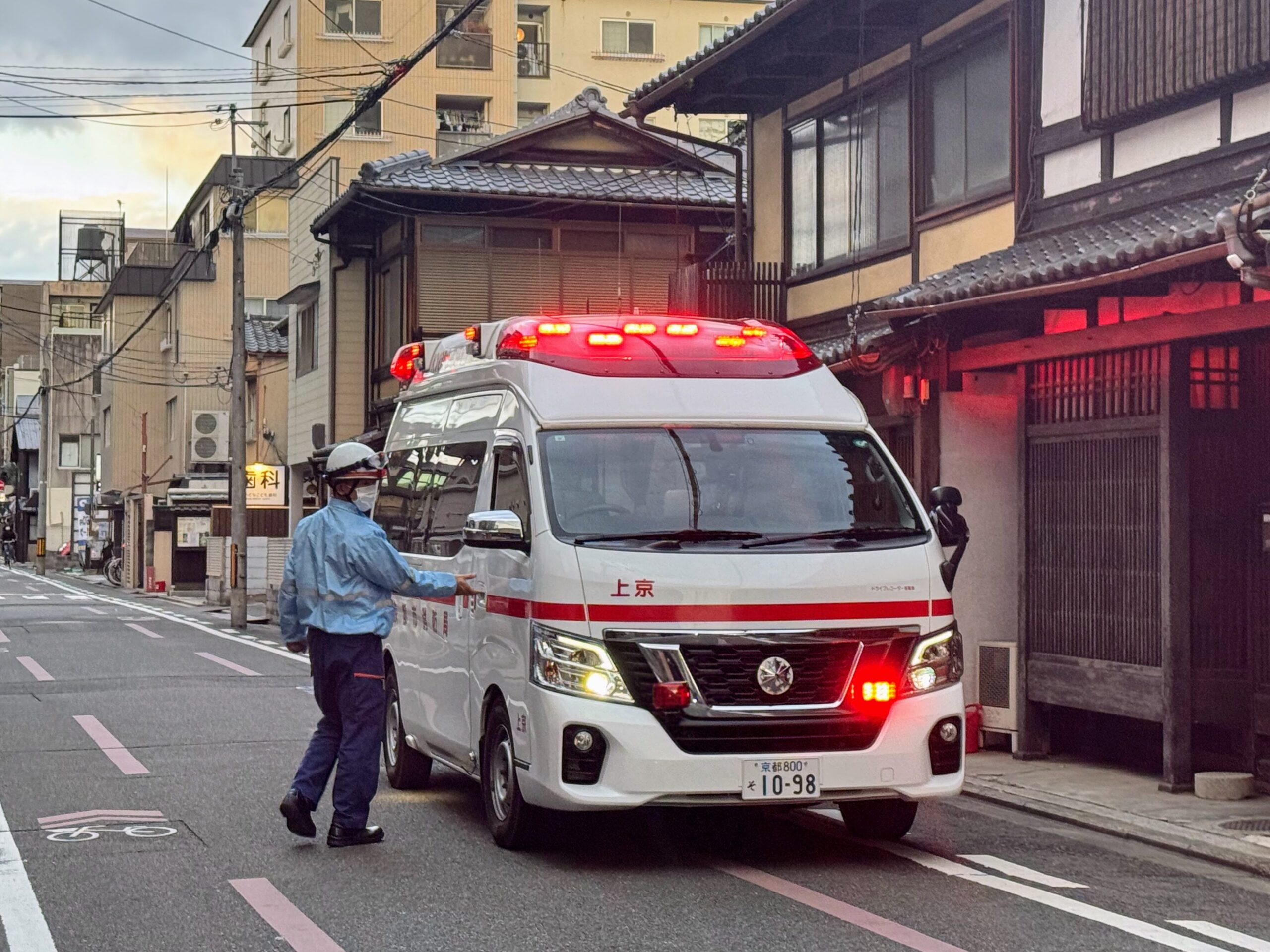
Unsure if it’s urgent? Many regions offer nurse-led phone triage (e.g., #7119 in major metros). For emergencies call 119 (ambulance/fire) or 110 (police).
💡 Details: Emergency Numbers in Japan: How to Call for Help – 119 & 110
💡Broader system basics: Navigating Japan’s Healthcare System: A Practical Guide for Expats.
Practical Tips
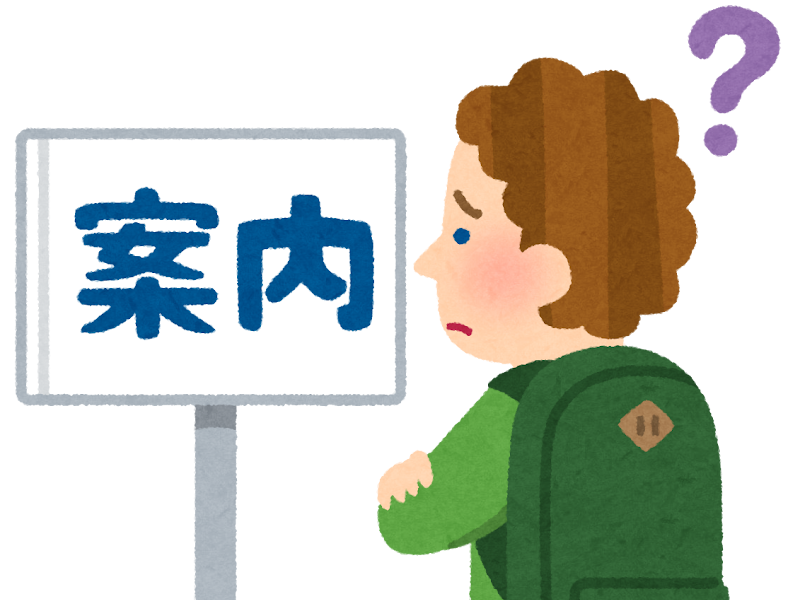
- Overcome language barriers: Use tools like YOLO MEDICAL, which generates multilingual medical questionnaires (17 languages). Or check the JNTO’s official website, which lists hospitals by available languages and services.
- Unsure which department to visit?: For common issues like colds, headaches, or stomach pain, start with internal medicine (naika). For sudden injuries or unclear cases, call #7119 (where available) to get advice from nurses or doctors.
- Long waiting times: Some clinics allow reservations—book ahead if possible, and prepare your questions so the consultation goes smoothly.
- Costs: Without Japanese health insurance, you’ll pay the full amount. Always bring enough cash, and keep receipts for later insurance claims.
Conclusion

Seeing a doctor in Japan can feel daunting at first, but with the right information it’s manageable. Start with trusted sources like the JNTO website to find English-speaking clinics, or use Tokyo’s hotline if you’re in the capital. Remember that Japan’s system allows you to walk into most clinics without a referral, though making an appointment can save time.
Bring your ID, insurance card, and cash, and don’t be surprised if certificates or letters cost extra. If you’re worried about language, prepare a short note or use services like multilingual questionnaires to smooth communication.
For a detailed walk-through of the visit itself, check our guide: Visiting a Clinic in Japan: Step-by-Step with Scripts. And to understand how Japan’s health insurance system works, see: Navigating Japan’s Healthcare System: A Practical Guide for Expats.
With a little preparation, you’ll be able to focus less on logistics and more on getting the care you need.

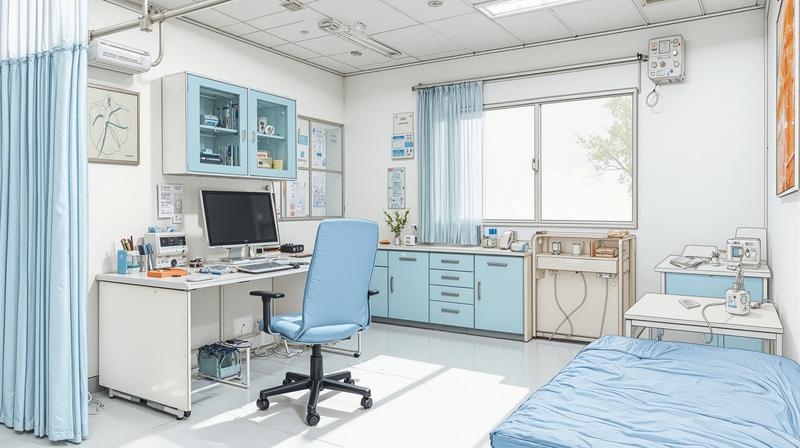
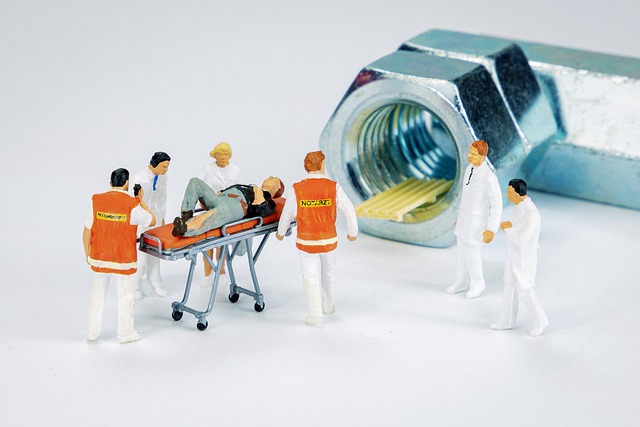
3 thoughts on “How to Book English-Speaking Doctors and Pharmacies in Japan”